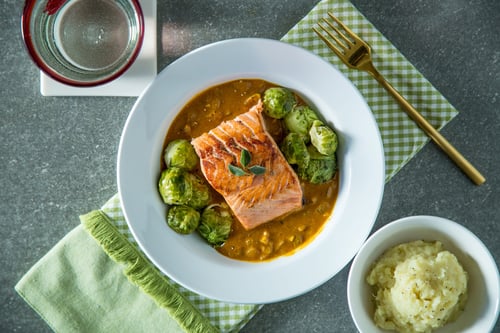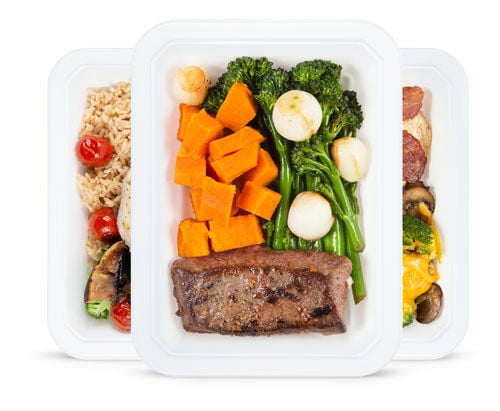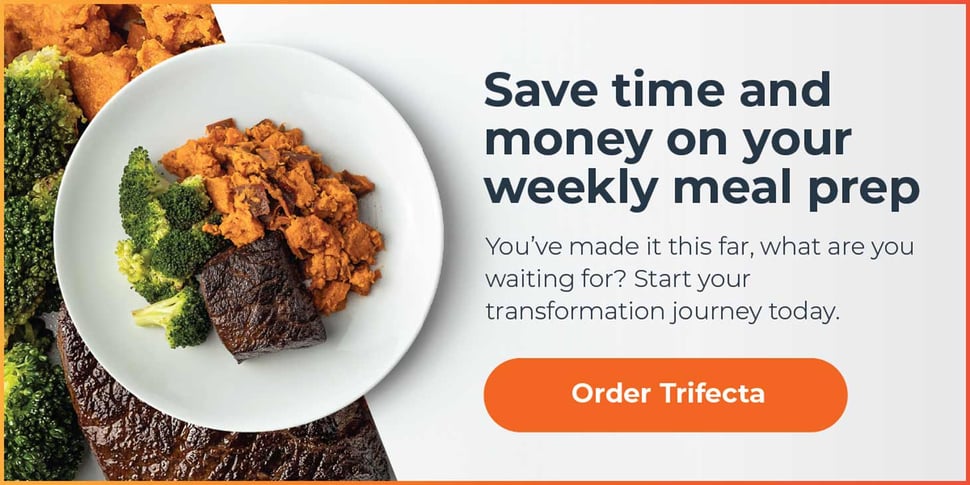Which Diet Is Right For You?
In order to maximize your efforts here it's important to understand how certain plans may be more favorable for certain goals. For example:
- Ally is a 140 pound female, looking to lose 5 pounds through diet, who doesn't work out and works a sedentary jobs.
- Dan is a 160 pound male who is looking to add 5 pounds of muscle through diet, who works out once a day and works an extremely fast paced job.
For Ally, it would be ideal to start a meal plan that has the highest volume to calorie ratio. Meaning, she will want to eat more low calorie foods in order to target weight loss. Traditionally speaking, a diet rich in vegetables and lean protein will be the best for Ally as she will be able to stay the most full, while still targeting weight loss.
For Dan, he will need to hit a steady calorie surplus every day. It would be beneficial for him to add in additional healthy carbohydrates to fuel his workouts and lifestyle. Following a clean eating meal plan would be the best for Dan as it would allow his diet to be more flexible and incorporate more foods.
To check out more about the difference between a paleo diet and clean eating diet, check out these meal plans:
Ultimately, different meal plans will cater towards different goals. While, this information should give you a more in depth idea as to what will work best for you, there is no one size fits all approach when it comes to dieting.





